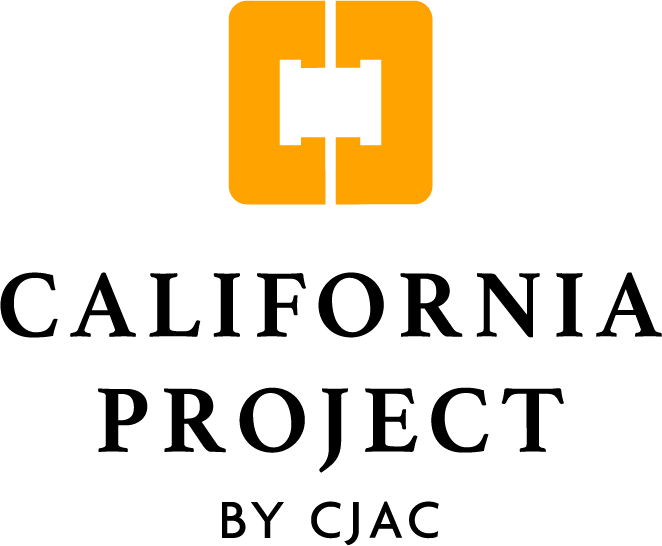Opinion: ADA Lawsuit Reforms Are Long Overdue for California’s Small Businesses
Times of San Diego - May 31, 2023
Times of San Diego published version here
By Kyla Christoffersen Powell
May was small business month, an annual reminder that California small businesses need our leaders’ help. In California, there has been a long-time threat to their livelihood that our state can and should address now — the epidemic of abusive shakedown lawsuits being brought under state and federal disability access laws, which include the California Unruh Civil Rights Act and the Americans with Disabilities Act.
This ADA lawsuit problem has plagued our small businesses for decades. In the early 2000’s, Ted Omholt made a name for himself by targeting shops and restaurants in San Francisco’s Union Square and Fisherman’s Wharf, while also suing hundreds of others in Hawaii. In the San Diego area in 2005, Theodore Pinnock sued 67 businesses in the town of Julian, which had a population then of around 1,500.
Fast forward to today, and there is hardly an area of the Golden State that has not been impacted. We are home to more than 40% of the nation’s ADA litigation, and lawyers have found a new frontier for harassing ADA suits via the internet.
Since 2018, website filings in California federal courts alone increased by an astonishing 3,000%. The Napa Vintners Association reported in the first half of 2022 more than four dozen wineries were hit with ADA lawsuits alleging non-compliant websites. Many of these small winemakers were unable to afford to hire attorneys and fight the allegations in a lengthy court battle and were forced to settle.
That is the leverage these lawyers count on to victimize the businesses and rake in the settlements — small businesses terrified of being sunk by the costs of a lawsuit because one is all it takes. Several aspects unique to California’s laws significantly empower and incentivize lawyers who bring these extortive claims.
One incentive is damages of at least $4,000 per violation, even in cases without harm — for example “drive-by” claims where the plaintiffs observe parking lot violations at businesses they do not intend to visit. Another motivating factor is large plaintiff’s attorneys fees awards that can even exceed the plaintiff’s recovery.
The Los Angeles and San Francisco District Attorneys recently resorted to a civil lawsuit to counter these suits. They sued serial ADA filer Potter Handy LLP for allegedly engaging in fraud under California’s Unfair Competition law.
That firm has reportedly collected millions by recruiting plaintiffs willing to be named in the suits. The district attorneys’ lawsuit alleged that the firm was fabricating testimony, but a court dismissed the suit because California’s litigation privilege inexplicably provides immunity for even fraudulent lawsuit activity.
Over the years, the Legislature also attempted to counter these ADA lawsuit abuses with different reforms which have helped, but more needs to be done as the excessive abuses persist. Senate Bill 585, introduced this year by Sen. Roger Niello, proposes a common-sense solution that could put a halt to some of these lawsuit abuses.
SB 585 provides that before suing a small business for a construction-related accessibility claim, the plaintiff must first provide a letter listing the alleged violations and providing 120 days to fix them.
Businesses, including small businesses, should be held accountable for compliance under disability access laws, and SB 585 provides a process for becoming compliant. Right-to-cure proposals have failed to gain traction in the Legislature in the past because of the concern they may allow access violations to continue during the cure period, and every day infringes on civil rights. SB 585 addresses this serious concern by reasonably limiting the cure period.
Legislative solutions need to be balanced, and while unintended, past reforms have failed small businesses. The laws should not be used to close down small businesses with harassing demand letters, and they should not be used to clog our courts with exploitive lawsuits.
The best outcome for all is for businesses to become compliant and to stay open. SB 585 strikes the right balance, and we urge the Legislature to enact it as soon as possible.
We hope the latest small business month has inspired California’s leaders to adopt this long-overdue solution for our small and micro businesses up and down the state.
Kyla Christoffersen Powell is president and CEO of the Civil Justice Association of California, a source of expertise in legal reform and advocacy for almost half a century.


